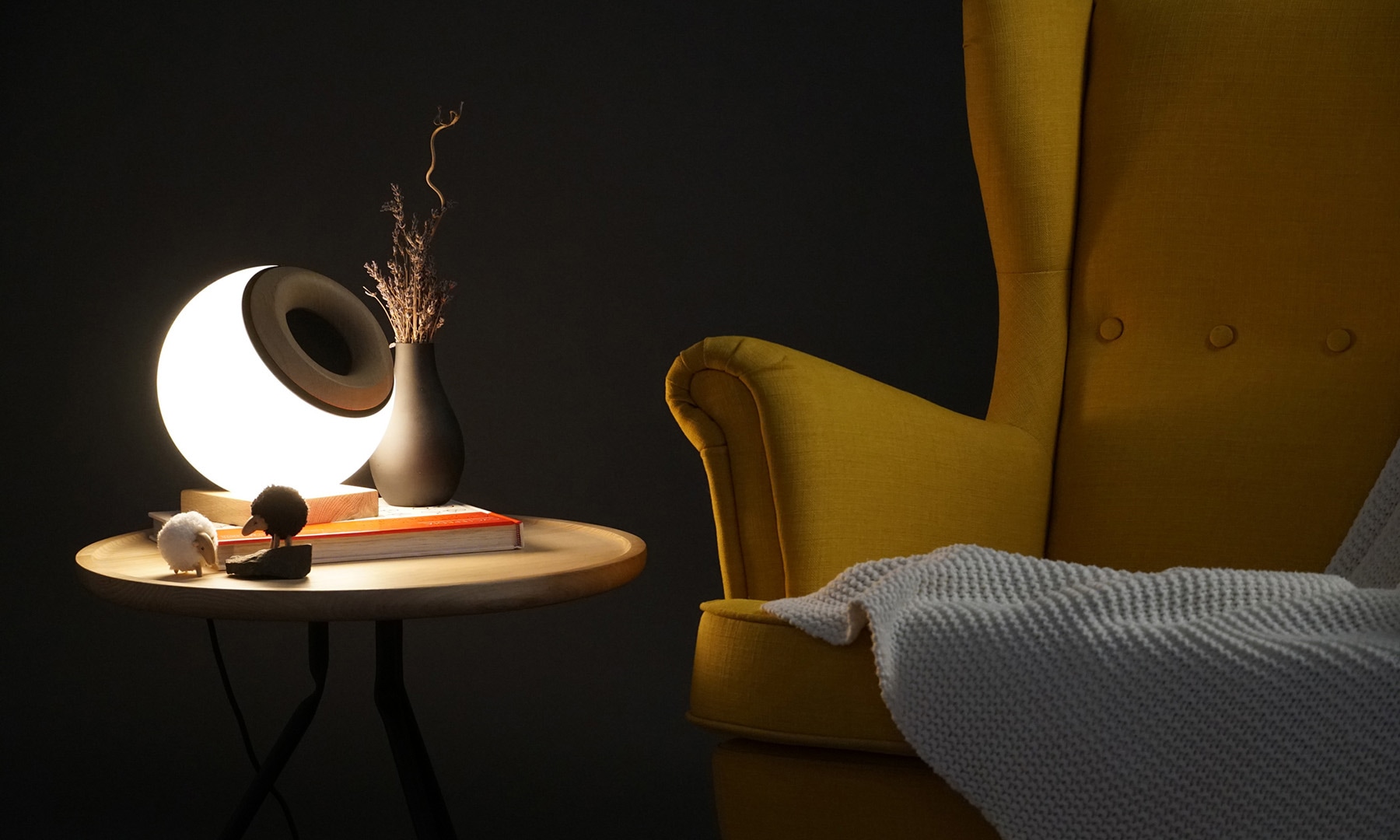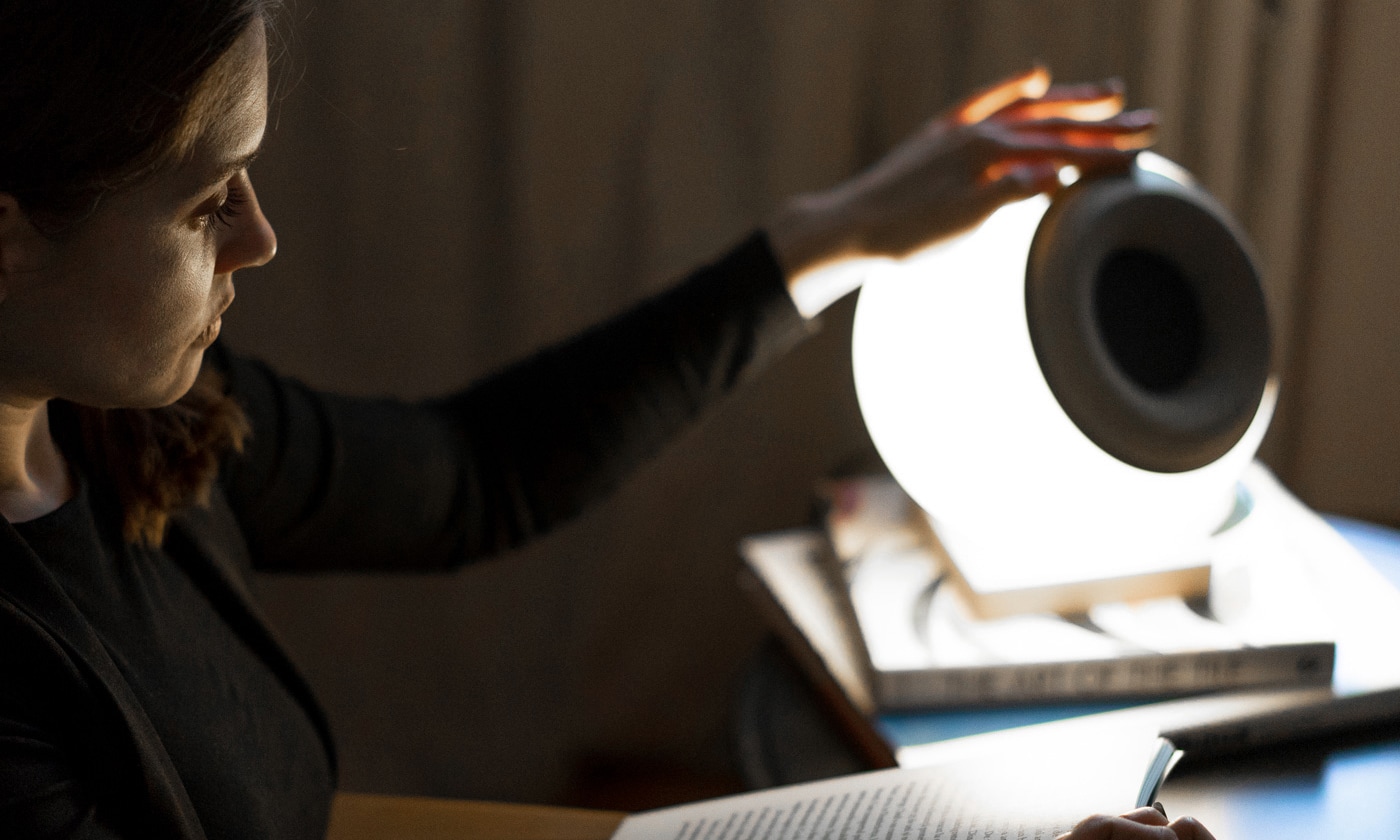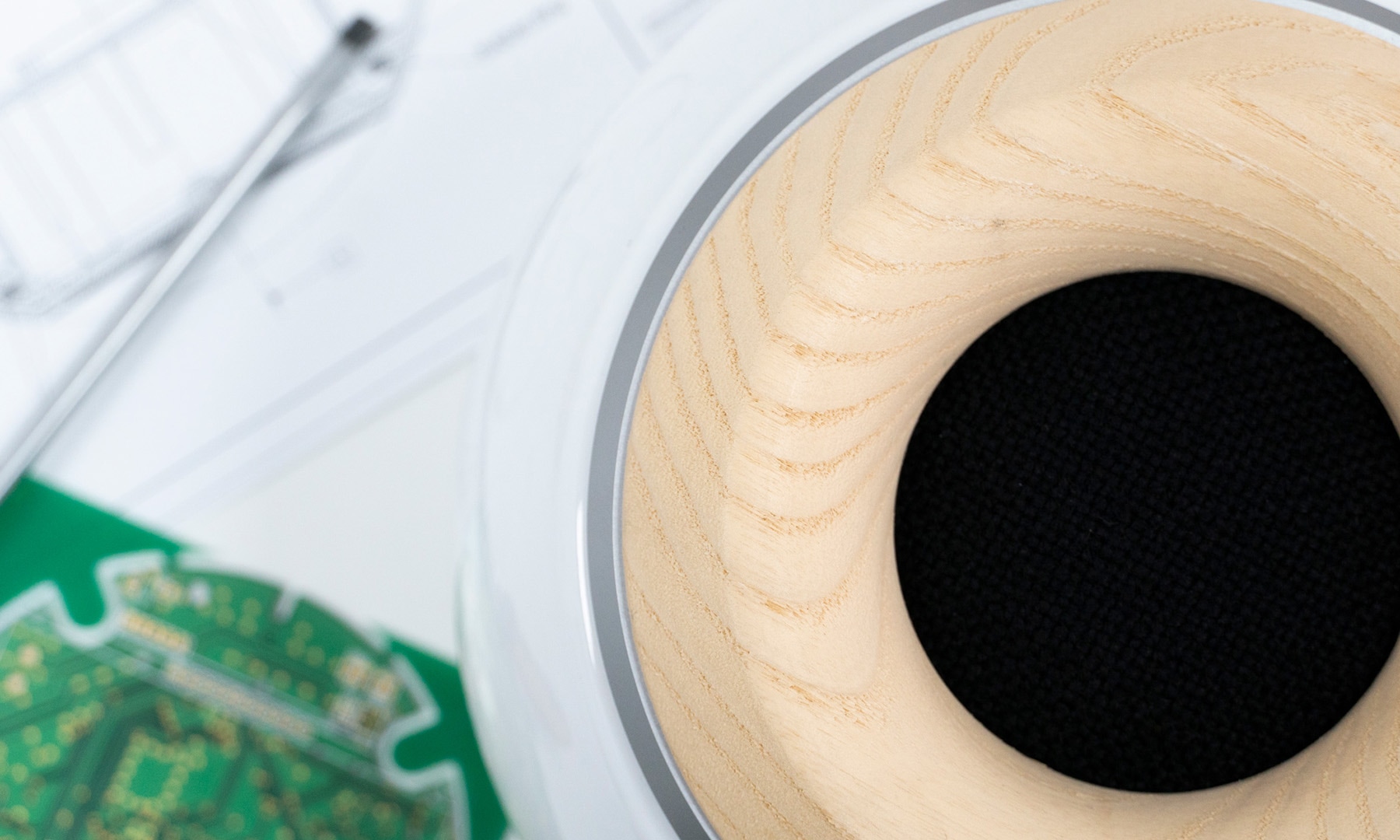Growing up in Southern California, my mother would continually remind me to be aware of my surroundings. This, of course, sounds like far too simple of a thing to emphasize. However, the measurement of awareness you had while on the street directly correlated with your physical safety and health.
This awareness traveled with me throughout many life changes, apartment rentals, and locations. Until recently, I thought that being aware of your surroundings meant only being weary of cars and people on the streets. It never occurred to me that awareness of surroundings also meant being aware of the background noise of life. The conversations happening around you in a coffee shop, the lights overhead that hurt your eyes, or the music that seems to have touches of static in the way of the music’s clarity.
As a current college student, I know firsthand the amount of time we spend in front of our computers, trapped in a study room in the library, or staying up all night to finish tomorrow’s textbook reading. During the semester, I typically find myself taking prolonged “study breaks” while scouring Pinterest for sleek and beautiful minimalist dorm designs, wishing I could own less mass and more value.
The last semester of my associate degree, I finally realized the unhealthy effect of the computer and overhead lights on my brain, the subtle static over the school’s radio station, and the constant conversations in the apartment above mine. The visual and auditory noise that was supposed to be background suddenly became all-consuming. For me, this resulted in an anxiety-induced decluttering in the name of minimalism.
Many books, videos, and ideas have been brought forth with ideas to help college students streamline their lives and increase their productivity through minimalism. Furthermore, many technologies—like light glasses or filters—have been created to combat the stress and potential harm that the technology can cause on our brains. While these things are helpful, they don’t always get the job done.
Oupio is a new brand of product that is catering to the minimalist community by combining two vital technologies in our lives while simultaneously bettering our mental and physical health. At surface level, Oupio’s light and speaker combination looks like an appropriate and sensible addition to a minimalist’s decor inventory. However, this product goes deeper than decor. The thought and technology behind the lighting is catered towards the human being’s experience instead of catering our experience to technology.

Light is one of the few constants we have in our life. We have access to hundreds of types of artificial light as well as natural light. The longer we are exposed to harsh and artificial lights, the more our bodies begin to adapt to the indoor life instead of nature. Oupio has designed their product to use human centric principles to model the light—both in color and intensity—to allow our bodies to mold to its innate and native behavior.
Furthermore, the sleek masterpiece can also be used as a high-quality speaker. Recent scientific research has found just how vital music is for our brains, and how necessary it is to be exposed to music. The importance of high-quality music in our lives is more vital now than ever, and our minds deserve the best produced sound that is available. Oupio created such a product to keep your feet dancing and your mind peaceful through their speakers’ clarity.

With the combined technology of both a light and speaker, it allows the home to have added value while keeping the tabletops beautiful. Founder and designer of Oupio, Vlad, states:
“We need hybrid products, with mixed functionality, that merge tech with interior design principles and, as a result seamlessly integrate in any home environment.”
Oupio’s crowd funding campaign will be able to spread the message of minimalism, awareness, and beautiful functionality.

When we have the added value of not having to worry about negative impacts from appliances in the home, we have more time to explore music, spend time with loved ones, and live life more care-free. Perhaps it’s time we begin emphasizing the awareness of our surroundings in the smaller details for the sake of our mental health. What if our measurement of awareness of background noise while living our daily lives directly correlated with our mental safety and health?